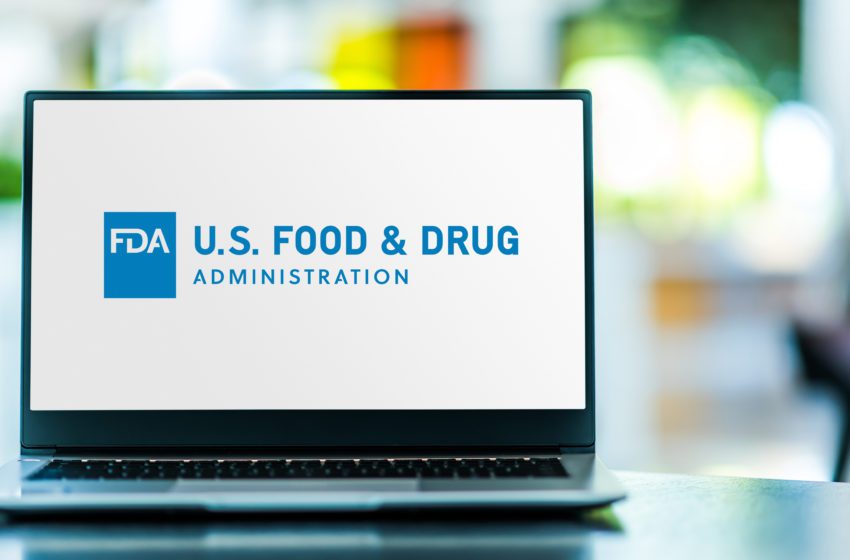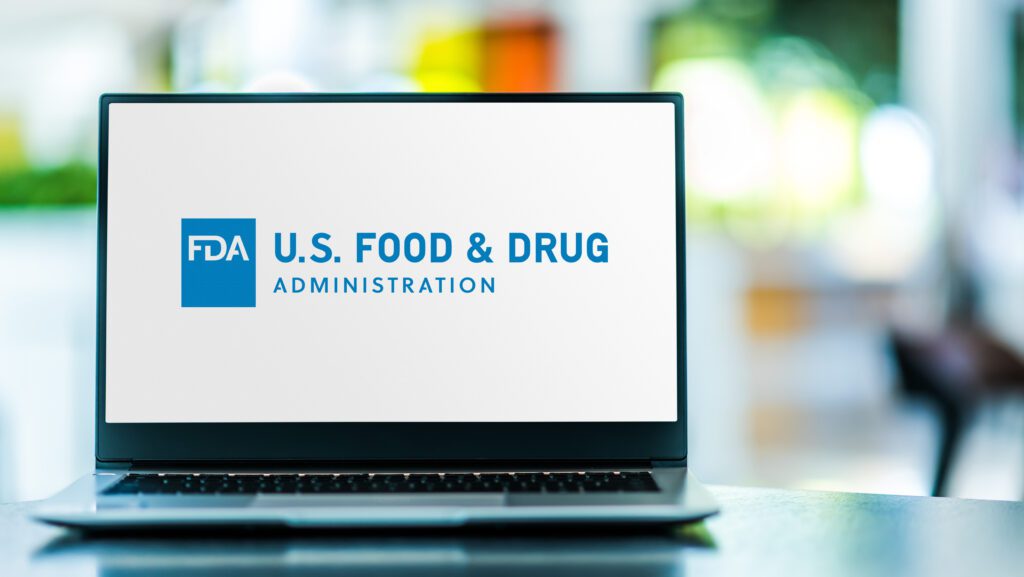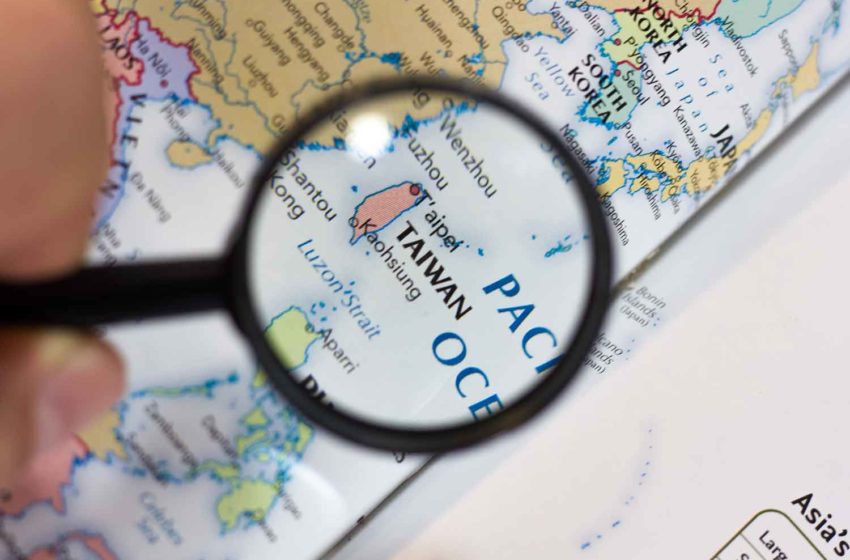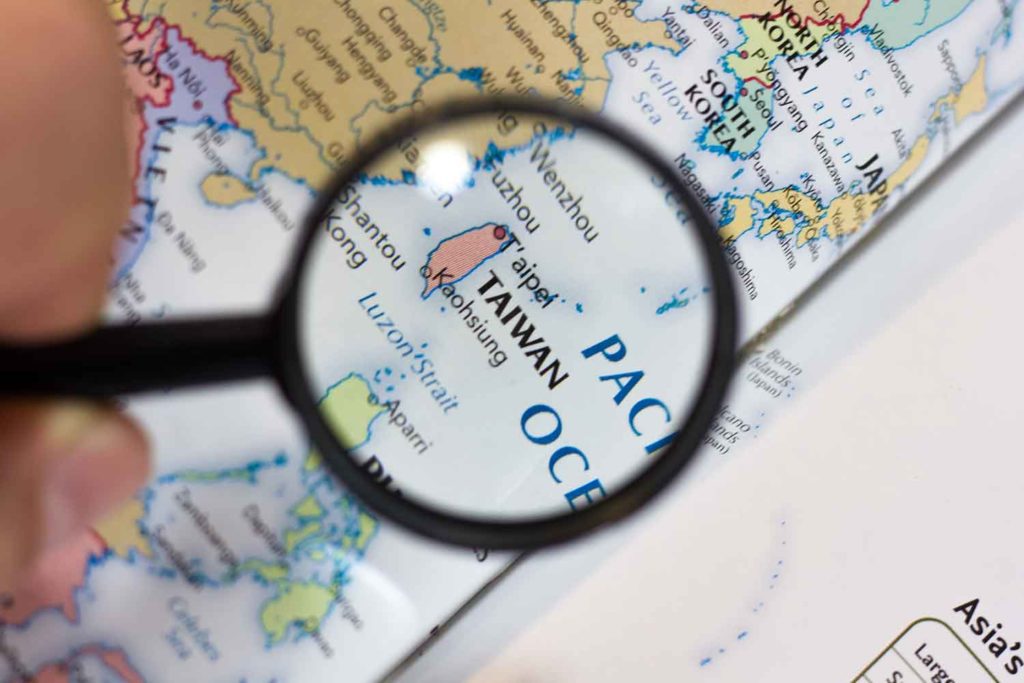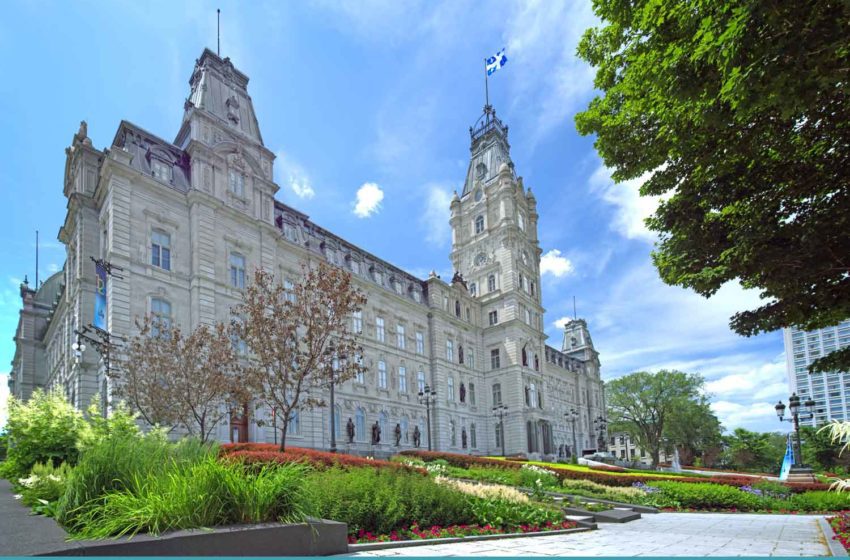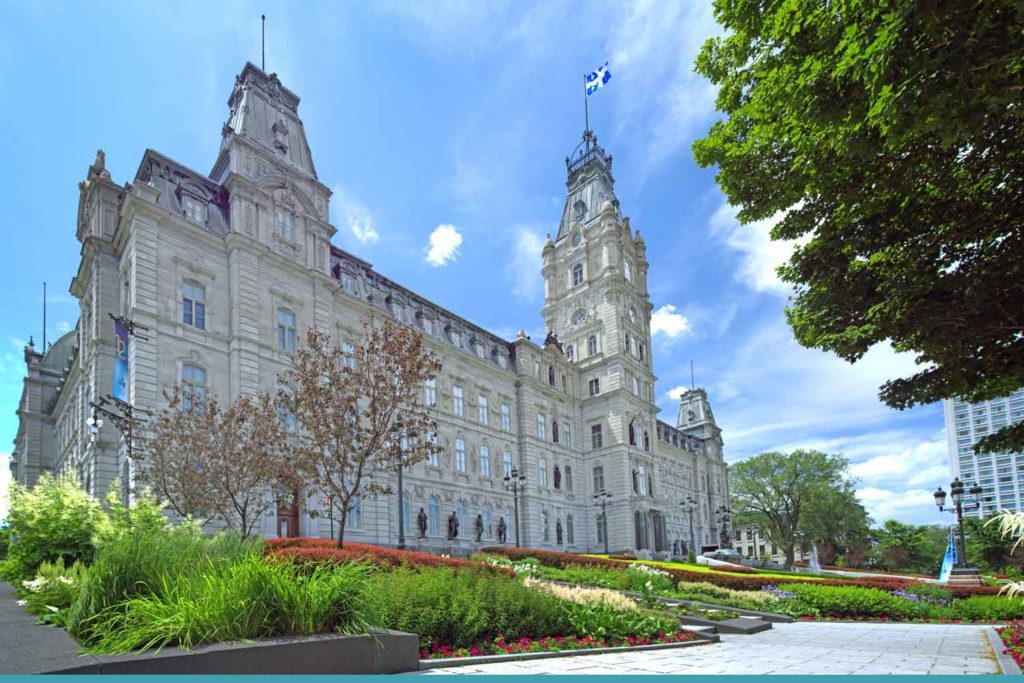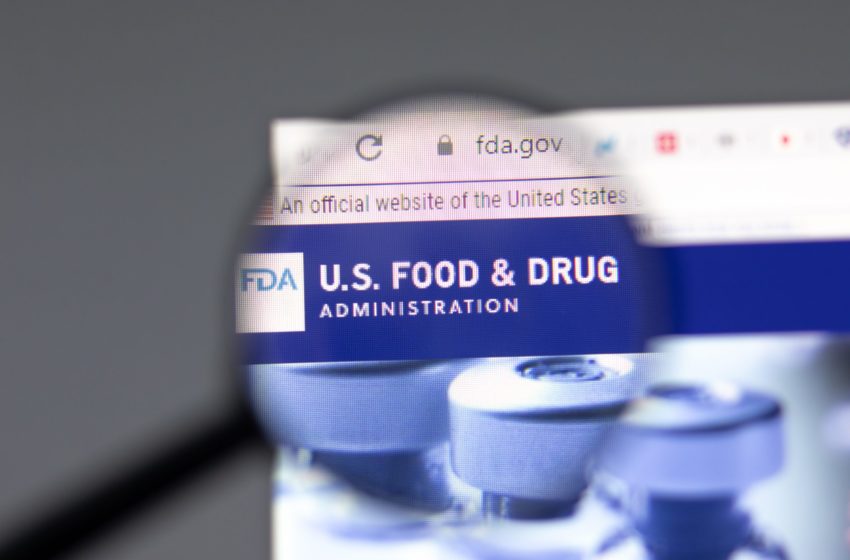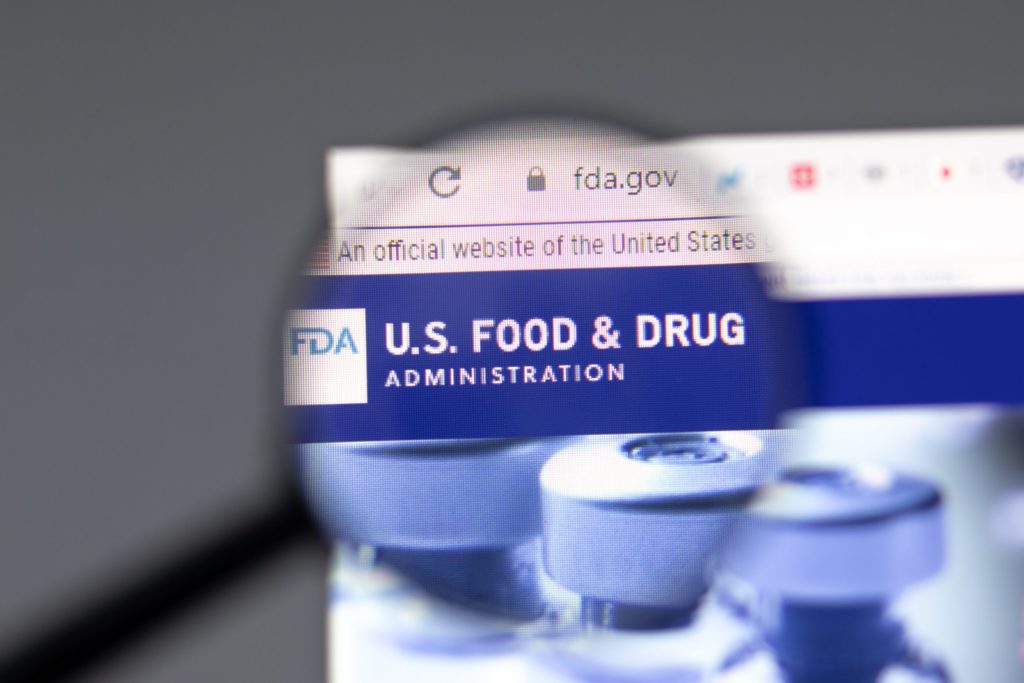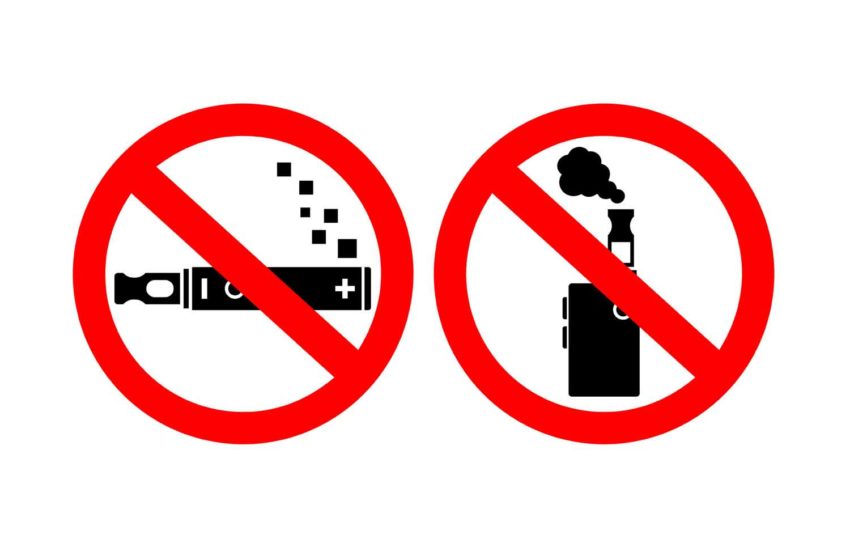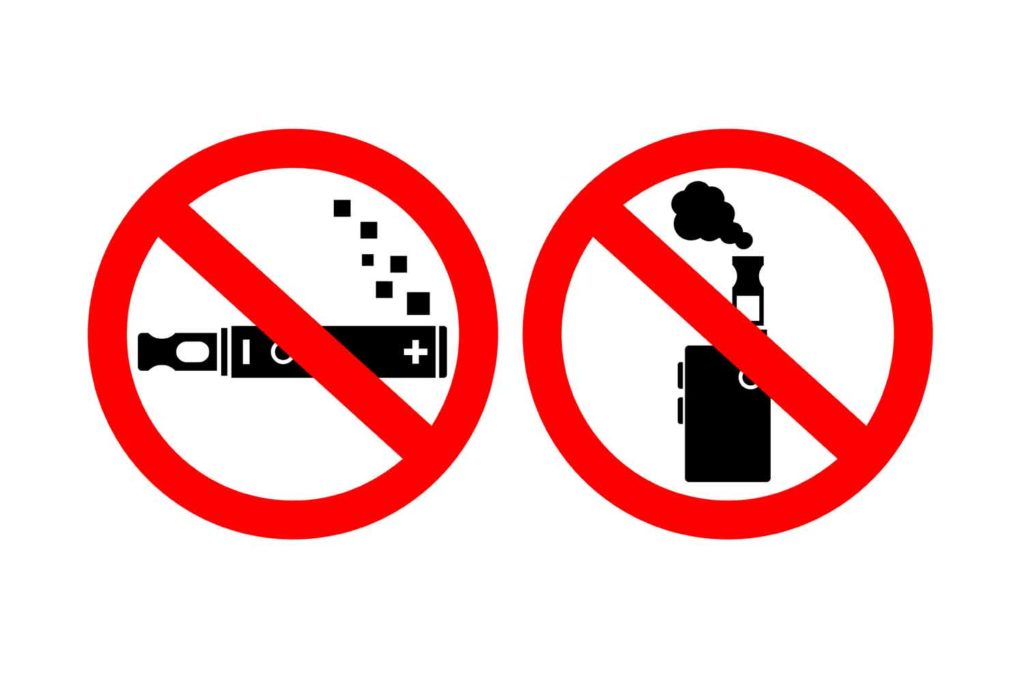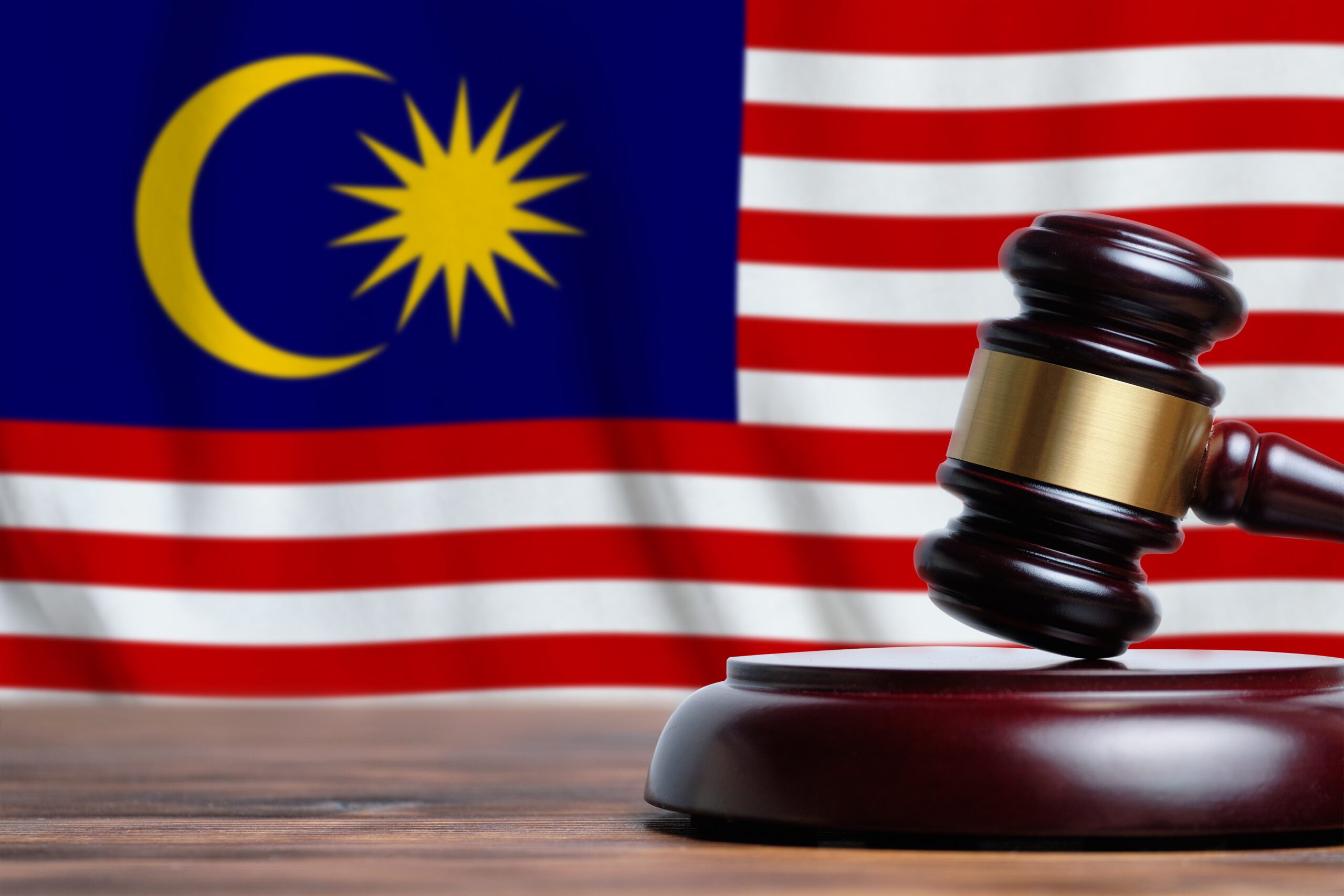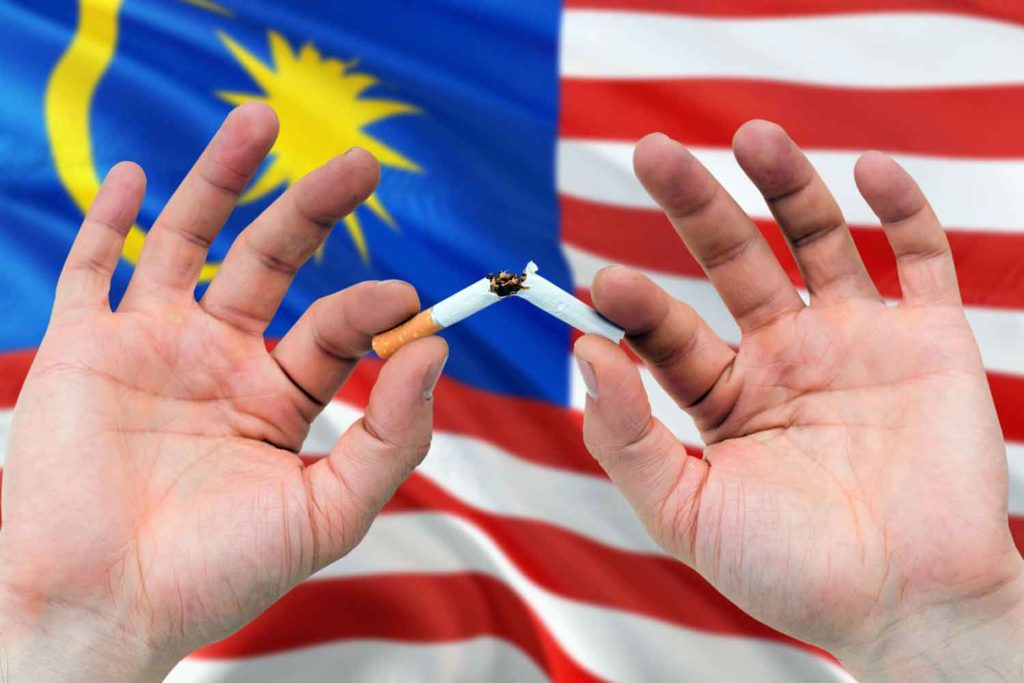
Malaysia’s anticipated tobacco control bill will not deprive citizens of personal liberties and equality, according to the Malaysian Council for Tobacco Control (MCTC), reports Malay Mail.
The anti-smoking council found that the bill, which aims to end cigarette consumption for those born after 2007, is constitutional after former Chief Justice Tan Sri Zaki Azmi lobbied against the bill.
“Nicotine addiction is not distinguishable from addiction to other drugs,” the council said in a statement. “If the country can ban or regulate other drugs, it can also regulate nicotine. It must also be emphasized that nicotine is more addictive than opium; if we can stage a war on opium, why not on nicotine?
“The main objection to the state initiative in this area is that the law will be difficult to enforce. That is indeed true. But admittedly, the challenges surrounding enforcement accompany all laws.”
Azmi stated that the bill could infringe on constitutional freedoms, but the MCTC stated that Article 5(1) of the Constitution does not give an absolute right to liberty, which, according to the MCTC, can be deprived only in accordance with the law.
“As long as there is a valid law, and the executive acts under it, there is no unconstitutional violation of personal liberty,” the MCTC said after seeking advice from constitutional experts.


